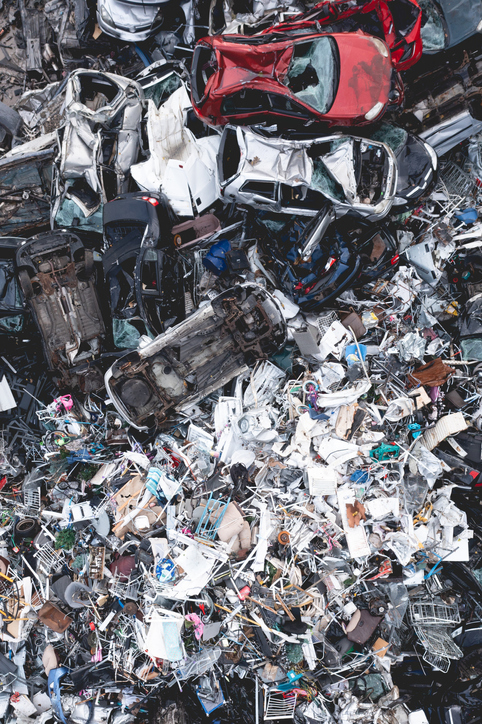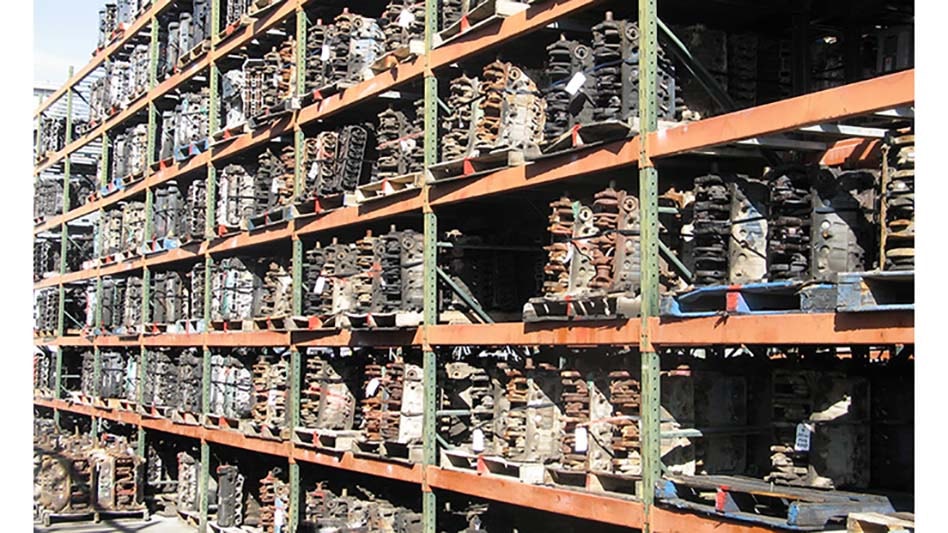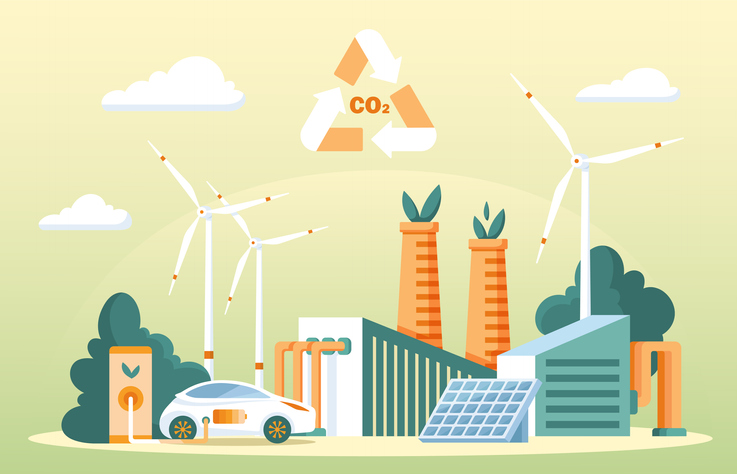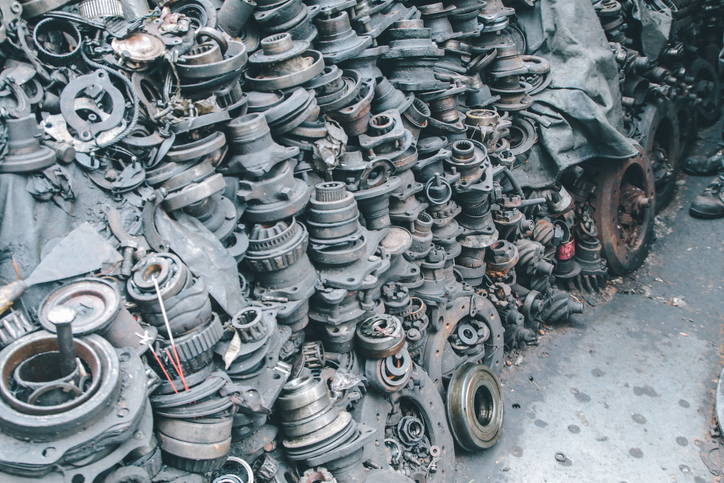November 15, 2023
September 29, 2023
The car recycling process is a complex one that involves many steps. […]
July 5, 2023
January 29, 2023
If you have mechanical experience, you can recycle or sell many components yourself. If not, sell your car to a Salvage Yard. and let Robertson Auto Salvage break down the vehicle for you.
Before beginning the car recycling process, make sure to check whether you can sell your car online, even if it isn’t running. You’ll usually make the most money that way.
August 14, 2022
July 12, 2022
June 14, 2022
March 28, 2022






